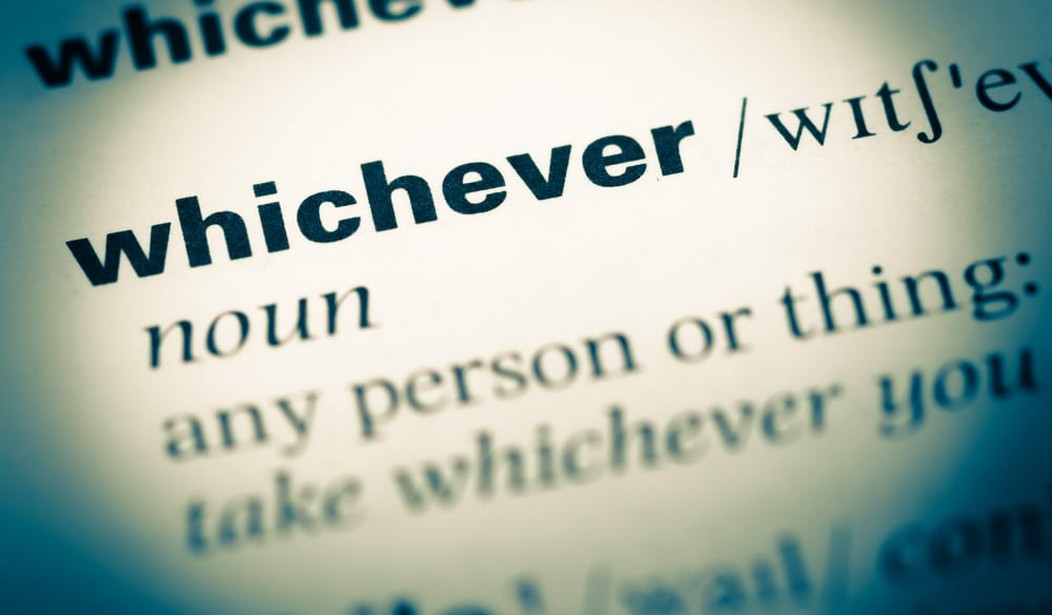Remember when boys were boys, girls were girls, and we really didn’t worry too much about the half percent of the population (or less) who didn’t fall into one of those roles? Good times, weren’t they?
Well, those days are well and truly over. In fact, they’re so over that the AP Stylebook, arguably the most definitive guide for the journalism profession, has had to weigh in on gender language.
In a Friday email to subscribers listing updated entries for its style manual, the Associated Press is urging journalists to avoid making references in news stories that suggest there are only two sexes in the human race.
The term “gender,” the AP Stylebook says, is “[n]ot synonymous with sex.”
“Gender refers to a person’s social identity while sex refers to biological characteristics,” the style guide explains.
“Not all people fall under one of two categories for sex or gender, according to leading medical organizations, so avoid references to both, either or opposite sexes or genders as a way to encompass all people. When needed for clarity or in certain stories about scientific studies, alternatives include men and women, boys and girls, males and females.”
The Stylebook issued further guidance for use of pronouns under an entry named “they, them, their.” Those third-person plural pronouns are preferred by some transgender or gender fluid individuals who say they are not comfortable with traditional male or female personal pronouns.
For its part, the AP advises writers that while “[i]n most cases, a plural pronoun should agree in number with the antecedent …. when alternative wording is overly awkward and clumsy” it may be permissible to use they, them, or their to refer to an individual. “However, rewording usually is possible and always is preferable” because “[c]larity is a top priority” in news reporting and “gender-neutral use of a singular they is unfamiliar to many readers.”
The guide goes on to definitively state that made-up pronouns like “xe” or “ze” aren’t acceptable, which makes sense because they’re stupid.
While the guide cites “leading medical organizations” supporting the idea of there being multiple genders, it does not offer supporting evidence for the claim. This is normal since it’s a reference book for writing style, not facts on topics such as gender identity.
Nevertheless, expect some of the usual suspects to both crow about the AP essentially siding with them on the existence of everything, probably including “panda bear” as a sexual identity, while also blasting them for not supporting imaginary pronouns based around little-used letters of the alphabet.
Yet they don’t understand why so many of us refuse to take them seriously.









Join the conversation as a VIP Member